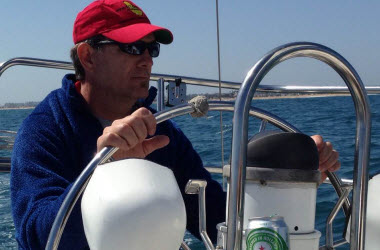January 19, 2016
Gamification has been talked about in elearning circles for the past few years, but it's become a powerful problem-solving tool in general. It's the new killer app for new product development and complex problem solving.
According to a recent article on elearningindustry.com, "companies will get the entire organization involved in solving problems once reserved for engineers, scientists, chemists and programmers. This has already happened. FoldIt gamers solved – in a mere three weeks – the riddle of the HIV enzyme that had baffled scientists for over a decade. And now casual gamers in corporate America may soon be able to devise new medical and pharmaceutical treatments, or find creative solutions to more common problems through gamifying the problem."
Here's an example. A company called m.Panni was just named one of the "Top 10 Social Gamification Examples" by gamification guru Yu-Kai Chou.
"In many third world countries, many people lack clean drinkable water, while others walk over four hours everyday to get clean water for the villages. A billion people in this world (that’s 1/7th of the world) do not have access to clean water, with 2.2M of them dying every year due to water-related diseases.
The crazy thing is, people in these third world countries own mobile phones. In fact, more people own mobile phones than toilets. m.Paani implements a very innovative loyalty program, where by purchasing mobile credits from sponsoring companies, individuals earn points towards sanitization products or water-related infrastructure for the entire village."
So, what is gamification? According to Chou, "the reason we call it gamification is because the gaming industry was the first to master human-focused design. Games have no other purpose than to please the human psyche. There are “objectives” in the games, such as killing the dragon or saving the princess, but those are all excuses to simply keep the player happily entertained. Since the gaming industry have spent decades learning how to master motivation and engagement, we are now learning from games, and that is why we call it gamification."
What problems facing marine scientists today could be solved in the way the riddle of the HIV was? Ocean acidification? Plastics in the ocean? Overfishing?
For more information on how the Foldit gamers solved the HIV riddle, visit http://techland.time.com/2011/09/19/foldit-gamers-solve-aids-puzzle-that...


